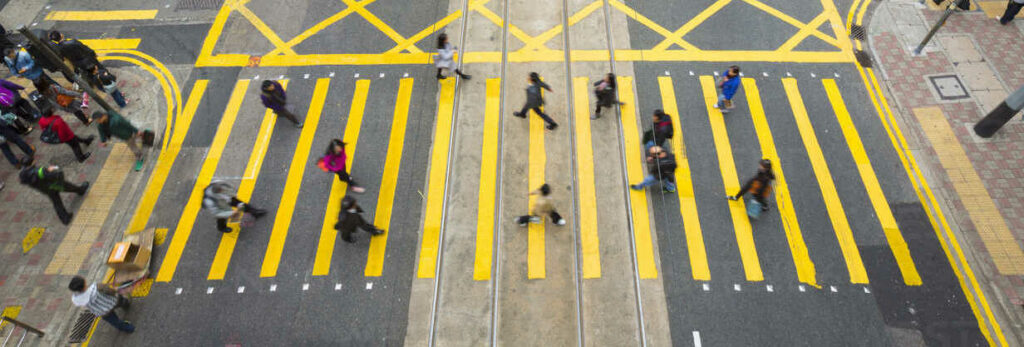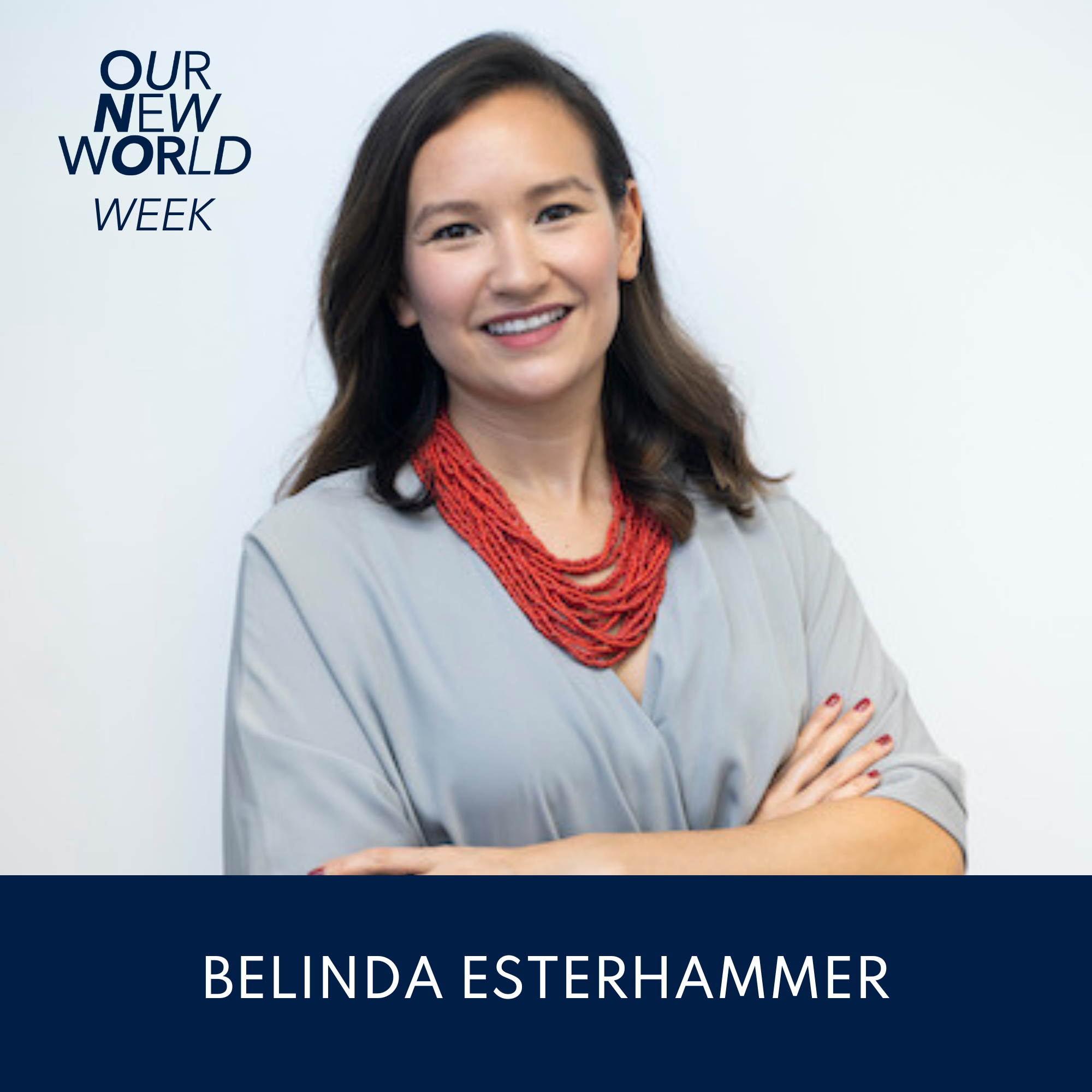1
Inclusive Cities Opening Cocktail
20 October 2022, 5:30-8pm
In-person @ WLAB



20 October – 15 November 2022

WLAB’s Inclusive Cities Summit promotes and builds momentum for liveable, inclusive, sustainable, equitable, and culturally-vibrant cities. Through honouring and acknowledging global perspectives, the Summit will focus on co-creating a happier and healthier Hong Kong for all of us. The Summit is underpinned by five interconnected themes: Sustainability, Spatial Inclusion, Social Inclusion, Economic Inclusion, and Cultural Inclusion. Click here to explore the themes in depth.
The Summit consists of panel discussions, keynote presentations, webinars, co-creation workshops (using The DO Method), Happy Hour and networking sessions, and a few other surprises.
To uphold The DO spirit, we will have follow-up steps to put our ideas into action to co-create an inclusive city.
#WICS22
|
PropTech and property innovation are emerging trends today. The Opening Cocktail connects people from various sectors to catalyse discussions around these trends. Come and meet everyone in-person and reconnect with old friends! |
Hong Kong is a highly urbanised city with its issues like ageing population, high rates of mental health issues, and gender inequality.
|
The COVID-19 pandemic has highlighted the structural inequalities existing in cities, creating and exacerbating multiple social issues.
|
|
To achieve urban inclusion, we need to provide affordable and accessible necessities to everyone.
|
10 November 2022, 8:30am-12pm
In-person @ WLAB

|
We are at a time of hyperconsumerism, creating an enormous amount of waste, including electronic waste. We say we throw them “away”, but where is “away”, anyway? Join us for a workshop to follow the lifecycle of electronic devices. You will play a game and create the story while learning about the principles and Circular Economy and discovering the ways to close the loop. You will build a team and explore the environmental inputs & outputs at different stages of an electronic appliance’s lifecycle.
|
|
Our new world is a place where more than 50% of the world’s population lives in cities. With more people living in cities, are we taking action on urgent challenges like climate change, pollution, and socioeconomic inequalities?
|


We need to provide affordable and accessible necessities like housing, sanitation, hygiene, and health infrastructures.
We also need to improve the quality of citizens’ lives by providing a habitable living environment that is connected with nature and greeneries. Research shows that access and exposure to nature and green spaces can promote overall health and wellbeing.
The COVID-19 pandemic has highlighted the structural inequalities existing in cities, like gender inequality and inaccessible infrastructure for the elderly and differently-abled. Being inclusive means equality between genders, races, and people of different income levels, abilities, and ages.
We also need to talk about the physical, emotional, and mental wellbeing of citizens. In a study, almost 56% of Hongkongers indicated they have “poor” overall mental wellbeing. Regarding physical wellbeing, 31.1% of Hongkongers have chronic health conditions, and many of these chronic diseases are on the rise.
Being socially inclusive is not only the right thing, but also helps the economy by decreasing the loss of wages, improving education and employment outcomes, and reducing healthcare expenditure.
Inclusion in cities means creating equal job opportunities and letting all citizens enjoy the benefits of economic growth. Financial inclusion is an enabler for 7 of the 17 SDGs. The World Bank Group also highlights the role of financial inclusion in reducing poverty and boosting shared prosperity.
The COVID-19 pandemic has, again, proven the need for digital financial inclusion, which can possibly reach underserved populations at a more affordable cost. In addition to promoting digitalisation, work on gender gap in account ownership and gender pay gap remains to be done.
Rapid urbanisation and gentrification in cities pose threats to the traditions and heritage of a place. In Hong Kong, multiple heritage and F&B icons are lost due to urbanisation and the pandemic. In face of these threats, culturally inclusive means proactive cultural conservation and revitalisation to preserve the vibrancy of cities.
From an urban perspective, cultural inclusion stands for co-creation in cities using the best innovative, creative, and entrepreneurial practices. With a diverse mix of mindsets and ideologies, our problem-solving abilities would be more holistic, allowing us to deliver more robust social impact.
An inclusive city incorporates all aspects of sustainability within it, including “social”, “environmental”, and “economic”.
Looking at the UN SDGs, we will specifically dive into achieving “Goal 12: Ensure sustainable consumption and production patterns” with a workshop focused on circularity (life cycle of trash). We will also look at how ESG (environmental, social, governance) is relevant to sustainability and inclusion.

DO Innovation: How to Get the New into the World
October 10th
at
1.30 pm – 3 pm

Activate your Leaders to Become Champions of your Transformation
October 17th at
11 am – 12 pm

How to Kickstart Sustainability in your Corporate Culture
October 17th

Inclusive Cities of Our Future
October 21st
More information about these special events is coming soon. Meanwhile, you can find hotel recommendations for your stay during Our New World Week here.

